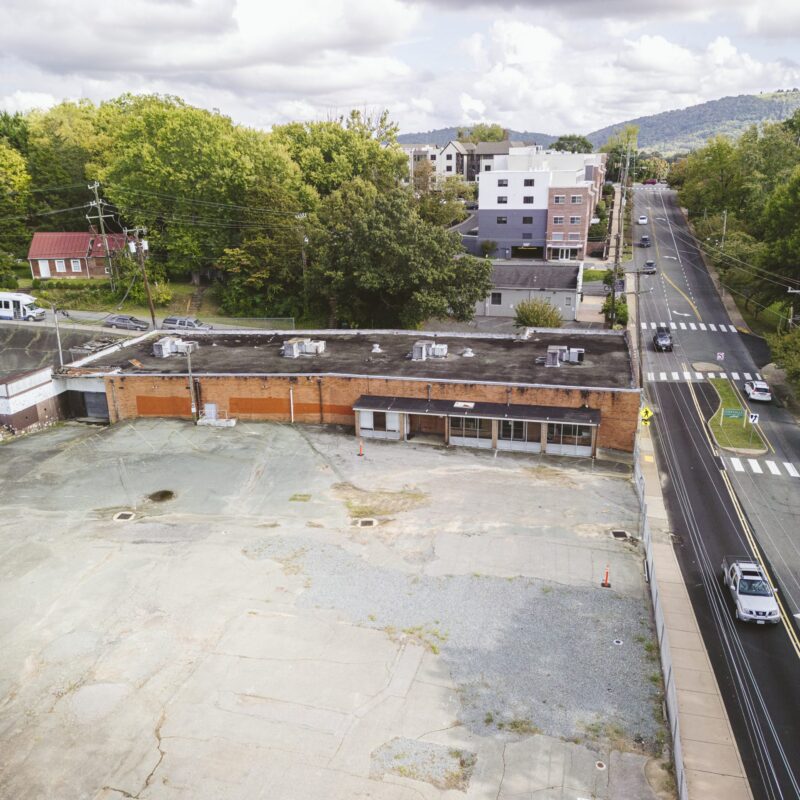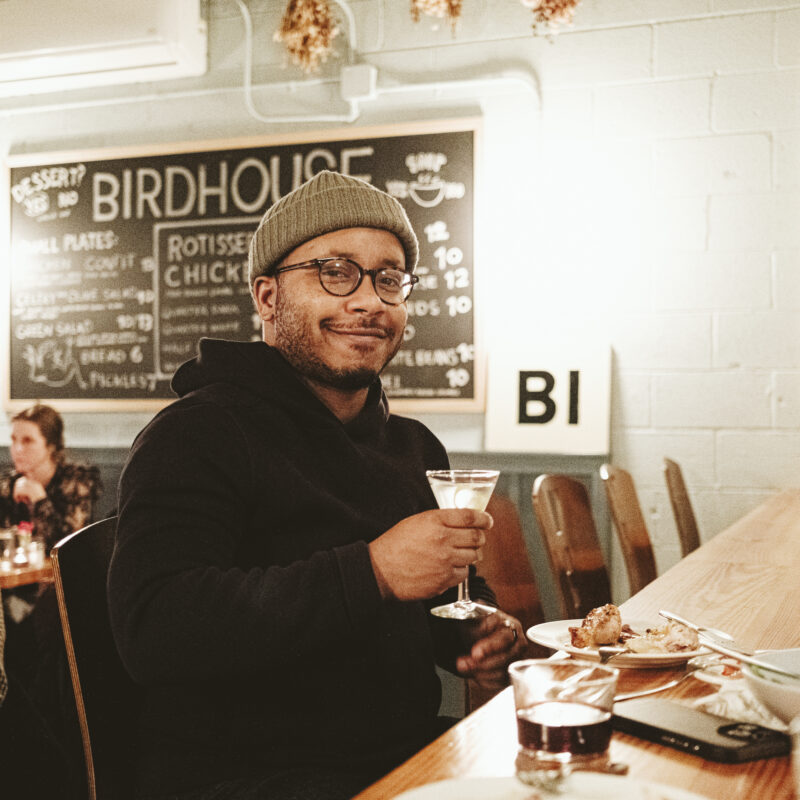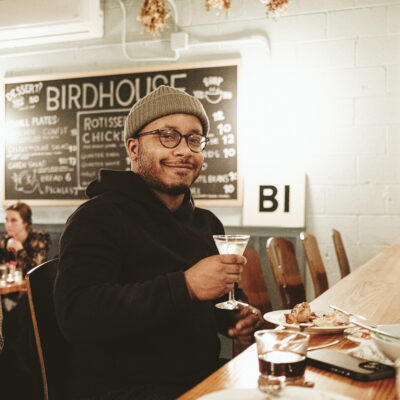/RI__IMG_3413.jpg)
(Image courtesy of John Robbins.)
Charlottesville is unused to media circuses. Media county fairs are more our speed. Those TV satellite vans look small, but they hold a lot of clowns, and the court is struggling to handle the influx of people. A Sheriff’s Deputy lounging by the courthouse door told me that the press selection process was a nightmare.
“But then,” he said, waving his hand at the pile of jury cards on the table in front of him, “none of this is normal.”
The result of a second full day of jury selection is that the trial still lacks a jury. At 6:15pm the field was finally winnowed down to 28, from which the final 15 (12 jurors, three alternates) will be picked. But that will be Wednesday morning, which means the opening statements won’t be until Wednesday afternoon, which means we’re already looking at the possibility of the trial running longer than the original two weeks.
Day two was just as tedious as day one, but things got a bit interesting when tempers flared for the first time. Defense Attorney Rhonda Quagliana has been asking potential jurors whether they would view negative testimony about Love, specifically relating to drinking, sexual activities, and violent behavior, as “victim blaming,” and if so, would that effect their ability to be unbiased? Judge Hogshire finally asked her to stop. It’s a useless question, he felt, because the jury has no idea what the evidence is, so they can’t know how they’ll feel about it yet. Quagliana countered that the question was vital to determining bias in an important area of the defense, but Judge Hogshire wouldn’t budge.
At one point Commonwealth’s Attorney Dave Chapman angrily objected to Quagliana’s desire to cut one of the jurors, claiming that the defense had a “preconceived notion” of the people they want on the jury. Quagliana flared back, but Hogshire stopped them both in their tracks. The slow pace of the work has been getting to everyone.
The jury selection has been hard to sit through, but it’s given some tantalizing glimpses of what’s to come. One disturbing trend is the number of female jurors who answer “yes” when asked if they have, or know anyone who has, experienced domestic violence. It’s at least three in every group of 15, sometimes more. If this trial is about anything, it’s about a man who hurt a woman, and if this random selection of our town is any indication, it’s an issue that needs more attention.
It’s also become crystal clear that giving Huguely a fair trial, in the legal sense, will be basically impossible. There are a few jurors who claim to have no opinion about the case, but the vast majority admit that, at least partially, they’ve already decided on a verdict. I have faith that the jury will adjudicate as fairly as they can, but it’s a bit chilling to watch potential jurors repeatedly look toward the defendant and say “Guilty.”
The Court is very much aware of this problem, and it places full blame on the media. One potential juror said he “read that Mr. Huguely had admitted his guilt.”
The prosecution asked if he believed that.
“I took him at his word,” the man said.
So you believed what you read in the papers?
“You mean the Progress could be wrong?” the man said in mock surprise.
I’m biased in favor of the journalists covering the trial. People like to assume they could put the truth together better than the schleps who work at papers, but the truth isn’t as simple as people think. Still, I can see the problem.
At the lunch break, there was a scrawny kid lying sacrificially on the sidewalk in front of the cameras. Another group of about eight more kids were lying on the courthouse’s front lawn. A reporter asked them what they were doing.
“Looking at nature,” they said.
One of the kids asked me if I wanted to join them and so I lay down in the grass. I let the girl on my right look at my notebook, and she said she found the psychology behind jury selection fascinating. But the trial, she said, is enough of a tragedy on its own without the media sensationalizing it. Behind me, someone called the trial “reality TV.”
They were mostly high school age or younger, part of a day class on guerrilla theater. I asked the young boy to my left what he thought about the trial. Why can’t the media tell happier stories, he asked. Why do they have to always focus on the sad ones?
I wanted to reply that happy stories are boring, and that he’ll find out soon enough that most of life is sad, but I didn’t. Instead I just lay there. The grass was soft against my back and the sun was warm against my face.
To read about Monday’s events, click here.
To read about Wednesday, click here.



